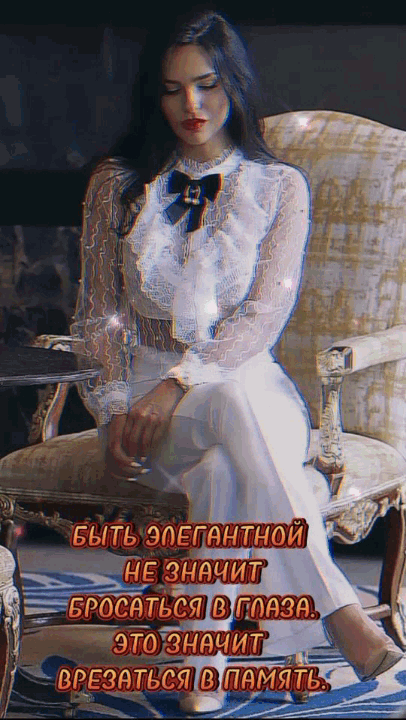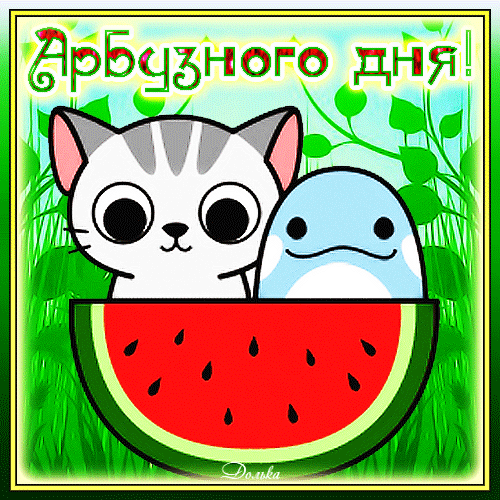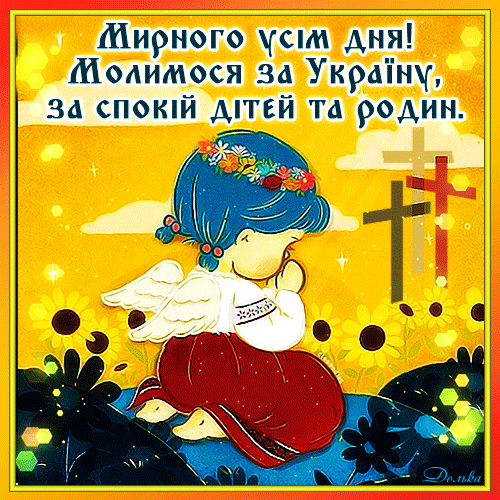#добрый день
Text

С утра душа ещё намерена
исполнить всё, что ей назначено,
с утра не всё ещё потеряно,
с утра не всё ещё растрачено..
- - - -
© Игорь Губерман
41 notes
·
View notes
Text
у нас, в нашем любимом институте ...
✨корь✨
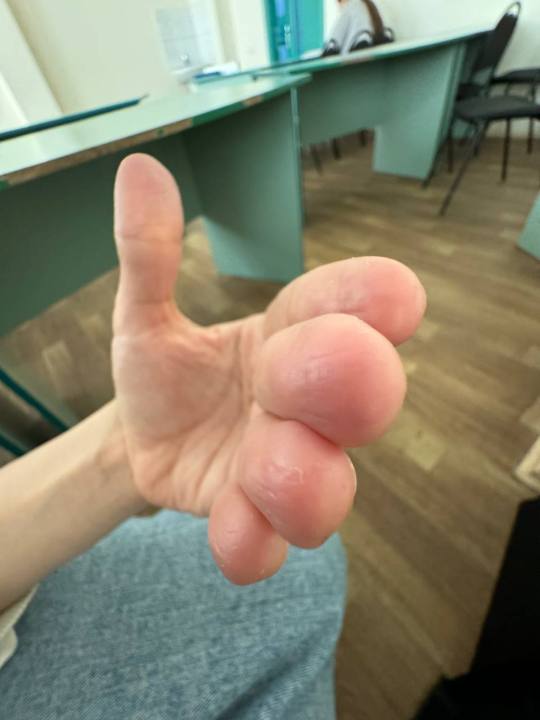
#русский tumblr#русский блог#личный блог#русский текст#турумбочка#история#мысли#институт#пиздец#здравствуйте#добрый вечер#добрый день#хуй похуй#любими институт
2 notes
·
View notes
Text
ARK الجزء#1
youtube
Добрый день, друзья. Надеюсь, у вас все хорошо.
0 notes
Text
Автор Telegram канал КРАСИВЫЕ ОТКРЫТКИ
1 note
·
View note
Text
Buongiorno
APRI E CONDIVIDI L’IMMAGINE
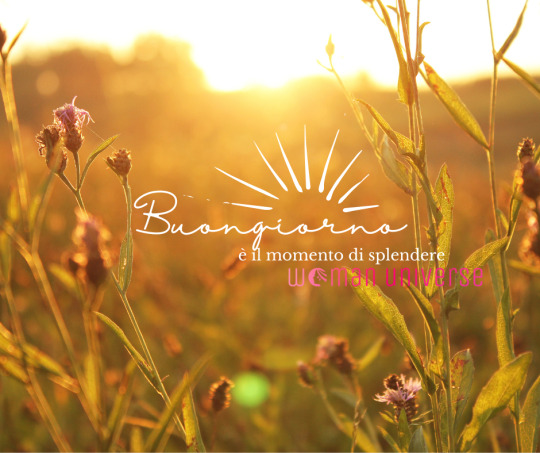
View On WordPress
#buon giorno#buona giornata#buongiorno#Добрый день#доброе утро#frase del buongiorno#frasi#goodmorning#guten morgen#guten tag#have a good day#have a nice day#have a wonderful day#immagine#immagine da condividere#immagine del buongiorno#immagini#immagini da condividere#immagini del buongiorno#manicure#meme#messaggi del buongiorno#messaggio#messaggio da condividere#messaggio del buongiorno#messaggio giornaliero#schönen tag#universo donna#womanuniverse
0 notes
Text
learning slavic languages while having even a very limited knowledge of other slavic languages it's like... znati? Of course I know her знать my good friend знать...
#the guy was like dobre means good! I'm like wait where do I know that from.. oh yeah like dobry den (czech) or добрый день#and den is dan in croatian instead
10 notes
·
View notes
Video
youtube
Презентация персонажей, созданных в программе Character Creator и iClone
#youtube#Добрый день! Позвольте представить Вашему вниманию виртуальных персонажей которые были созданы для конкурсного проекта проходящего на
0 notes
Text

Сегодня пятница: поэтому смени
На чашу кубок твой, а ежели все дни
И так из чаши пьешь, удвой ее сегодня:
Священный этот день особо помяни!.
🍷🍷🍷
О.Хайям
16 notes
·
View notes
Text
Ой, завьюжила, запорошила
Настоящая зима.
Говорят, что я тобою брошена,
А я оставила сама.
Говорят, что я тобою брошена,
А я оставила сама.
Ой, заснежены травы росные,
На полях лежит печаль.
Говорят, что я жалею прошлое,
А мне нисколечко не жаль.
Ой, закрыл туман небо синее,
Хмурый день в родном краю.
Говорят, что я не очень сильная,
А я за счастье постою.
Говорят, что я не очень сильная,
А я за счастье постою.
Сердце просится в дали снежные,
На просторные поля.
Говорят, что я не очень нежная,
А это знаю только я.
Говорят, что я не очень нежная,
А это знаю только я.
36 notes
·
View notes
Text

💥Благословенного дня. Радости, мира, добра.
1 note
·
View note
Text
PENSIERI LIBERI
APRI E CONDIVIDI L’IMMAGINE

View On WordPress
#buon giorno#buona giornata#buongiorno#Добрый день#доброе утро#доброе утро картинки#добрые утренние сообщения#essere soli#frase del buongiorno#frasi#goodmorning#guten morgen#guten morgen bilder#Guten Morgen Nachricht#guten tag#have a good day#have a nice day#have a wonderful day#immagine#immagine da condividere#immagine del buongiorno#immagini#immagini da condividere#immagini del buongiorno#manicure#meme#messaggi#messaggi del buongiorno#messaggio#messaggio da condividere
1 note
·
View note
Text
What is a Russian Character and How to write them
As @sarapaprikas-blog and I were working on this post, we noticed a gap of knowledge and public perception that we want to address. Plenty of characters get labelled as Russian in media without necessarily being Russian. On the other hand the Archetypal ”Russian” character often does not mirror the realities of being Russian. We are to talk about that.
What is Russia?
Russia is a country. It is the largest country in the world with over 140 million inhabitants, stretching over 11 time zones. It is often seen as the successor state to the Soviet Union, which in itself was the successor state of the Russian Empire. The Soviet Union and Russia do not have the same borders or government. However, modern Russia draws a lot from its history as the largest and dominant part of the Soviet Union. Before the Soviet Union, the area was governed by the Russian Empire. The Russian Empire, as the name already indicates, was imperialist. The history as an Empire with massive expansion, colonies and conquering different people, is arguably the biggest reason why modern Russia is as big as it is today.
What is Russian?
There is a difference between the language Russian, the ethnicity Russian, and the nationality Russian. In English the difference can be made out only by context.
Who is Russian?
As aforementioned, there is a difference between Russian (Россиянин) meaning citizen of Russia, and ethnically Russian (Русские). The term Russian (Русские) usually refers to ethnicity, indicating a person who has Russian roots. Russian (Россиянин) implies Russian citizenship, regardless of ethnicity. Thus, a Russian can be someone with Russian citizenship, but not all Russian citizens are Russians in the ethnic sense. Also, not all ethnic Russians have Russian citizenship or live within Russia.
Ethnic-Russians are an East Slavic people. Obviously, they mainly live in Russia. But there are also large communities in Ukraine, Kazakhstan, Belarus, Latvia, Lithuania, and other countries. The traditional religion among Russians is Orthodox Christianity. The main language is Russian.
The country Russia is home to more than 190 ethnicities, including indigenous and autochthonous people, leading to a variety of languages, religions and practiced cultures. So, someone who holds a Russian citizenship, has ethnic Russian heritage and / or speaks Russian, can look very different than the cliche Russian bond girl or evil-doer indicates. That also means that those who get labelled Russian can live very different lives. Writing a Russian character gives you a lot of room outside of the prevalent stereotyped depictions.
Who is not Russian?
Simple - those who say they are not Russian, are not Russian.
Who are Slavs? What is Slavic?
The slavic people are a variety of people, ethnically Russian people are part of that group. However, there are a lot of other ethnic groups that are Slavs without being Russian e.g. Poles, Sorbs, Czech, Ukrainians, and many more. Slavic is the corresponding adjective to Slavs. It is often used to describe the indo-Slavic language group. Slavic is also often used to describe the collectively perceived similarities of Slavic peoples' culture. However, that can be misleading and get’s often orientalised as not everything from Eastern-Europe or Russia is slavic.
Russian vocabulary
Да - Yes
Нет - No
Привет - Hi
Здравствуйте - Hello
Как дела ? - How are you?
Хорошо - Good
Пожалуйста - Please
Не за что - my pleasure
До свидания - Goodbye
Пока - bye
Увидимся - See you later
Хорошего дня - Have a nice day
Простите - I'm sorry. (Plural or honoured addressee)
Помогите, пожалуйста. - Help me please. (Plural or honoured addressee)
Доброе утро - Good morning
Доброй ночи - Good night.
Добрый день - Good day / afternoon.
Pet names in Russian
About pet names. They are either masculine of feminine . Please don't use words like darling, kitten, baby, pretty, sweetie, little one, little fox, etc. as they sound really strange in translation to native speakers.
Pet names are common for close ones (family, close friends, spouses). Sometimes primary school teachers call students by affectionate names. Also sweet old lady may call you ( Дорогой/ Дорогая). But outside of that nobody calls each other by pet names, only using names because Russians are very reserved and private people in general.
Gender neutral pet names:
жизнь моя - my life
солнце мое - my sun or my sunshine
ты мое все - you my everything.
лучик - sunray.
мое сокровище - my treasure.
мое золотце - my gold or sweetheart.
моя любовь - my love.
ты моя радость - you are my joy.
ангелочек - Angel.
прелесть моя - my precious.
Queerness and gender-neutral speech in Russian
Being queer in Russia is hard as queers face oppression. Because of that, there is limited to no public discourse on how to adapt and diversify the language to include queer and especially non-binary identities. This is a problem as the Russian language is extremely gendered and expresses a gender binary in near default. While gender neutral pronouns in Russian exist, it's harder to use them in real life as the neutral pronoun “оно” is mostly associated with things or animals and not living humans, similar to the English “it”.
Often words generally do not have gender neutral alternatives. However, one way we suggest for a more gender neutral speech is to avoid most explicit gendering as the flexible syntax in combination with using plural pronouns in Russian allow for more gender neutral speech.
For Example:
Я люблю их всем моих сердцем - I love them with all my heart.
Расскажи мне о них! - Tell me about them.
Дай им время- give them time.
Я горжусь ими - I'm proud of them.
Они сделает это сами - they do it themselves.
Read more about queerness in Russia here: one two three four
Russian swearing
In Russia, swearing is considered a sign of rudeness and poor manners. Use accordingly.
Also, as mentioned here, Russian syntax and inflection are different from English. Meaning one word can be a whole sentence. We punctuated every swearing that is technically a whole sentence and therefore can stand on its own grammatically.
Блять - fuck
Пошел нахуй. - fuck you
Хуй - dick
Пизда - cunt
Мы в пизде. - we are fucked / “We are stuck in the cunt.”
Ебать - fuck
Ахуел. - are you/they crazy?!
Это пиздец. - this fucked up
Мудак - asshole
Завали ебало. - shut the fuck up
Сука - bitch
Черт - damn
Непизди. - stop fucking lying. / Cut your bullshit.
Пиздобол - Person who lies a lot/ Don't lie
Мамку твою ебал. - i fucked your mom (mostly used by middle schoolers, here in grammatically masculine gender.)
Заебись. - holy shit (could be bad or good depend on situation)
Похуй! - I don't fucking care.
Навешать пиздюлей - to beat up someone.
Срать тебе в рот - To crap in your mouth.
Ты ебанулся. - Are you batshit crazy.
Заебал. - I'm sick of you.
Жопа - ass.
Иди в баню. - soft version of Иди нахуй.
Explanation of the Russian Naming System & Patronyms
The Russian naming system consists of three main elements: first name, patronymic and last name.
Name: This is the first name given to a child at birth. In Russia, the names are chosen by the parents or relatives of the child. Names can be both traditional (Alexander, Anna, Ekaterina) and modern (Sofia, Victoria, Yaroslav).
Patronymic: this is the second name, which reflects the child's origin from his father. Some cultures in Russia also use the mothers name. The patronymic name among Russian people arose in the 10th - 11th centuries and was used infrequently at first, but became widespread around the 16th century. It is formed by adding the suffix "-ovich" or "-aries" to the father's name. For example, if the father's name is Ivan, then his child Ivan or Ivanna will be called Ivan Ivanovich or Ivanna Ivanovna.
Last name: This is a family surname that is passed down from generation to generation. It is usually assigned at birth and does not change without special circumstances. Surnames can come from various sources, such as profession, place of residence, origin, or personal characteristics.
As a result, a person's full name consists of a first name, a patronymic (if applicable) and a last name, for example: Ivan Ivanovich Petrov.
How to respectfully address a person in Russian.
In Russian there are two ways to address someone. Using the polite you (Вы) amd using the formal you (Ты). The choice of mode depends on how well you know the other person and whether you are superior or inferior in terms of age and social position. If you know the person's first name you refer to them by first name and patronymic. For examples:
Борис Юрьевич, Ваши рабочие отлично справились с ремонтом- Boris Yurievich, your workers did a great job with repairs.
Adults never address a person by name, only by surname or patronymic unless the addressee gives permission to address them in an informal manner.
Regulations of most military require their members address each other in formal you( Вы ); subordinates address commanders as товарищ (comrade) + rank , while higher ups address subordinates by military rank and surname. Example:
[Colonel to Sgt. Sidorov] Сержант Сидоров, ко мне!
Sergeant Sidorov, front and center!
[sgt. Sidorov to colonel] По вашему приказанию прибыл, товарищ полковник!
Reporting for duty [lit. arrived at your (pl.) request], comrade colonel!
Military men sometimes use same forms of address, albeit in singular, in friendly conversation. Example:
Сержант, дай сигарету. - Give (sing.) me a cigarette, Sarge.
Military hierarchy in Russia
You can find useful links here. One Two
#könig#sarapaprikasblog#nikto#call of duty 3#call of duty modern warfare 3#creative writing#nik cod#nikolai belinski#cod#cod modern warfare#gromsko#call of duty#gromsko cod#sobiesław kościuszko#grimmwriting#sebastian krueger
292 notes
·
View notes
